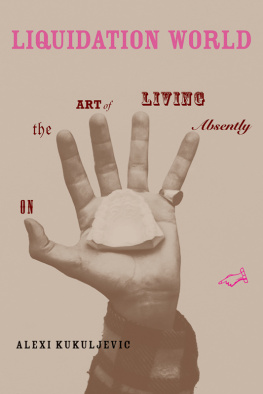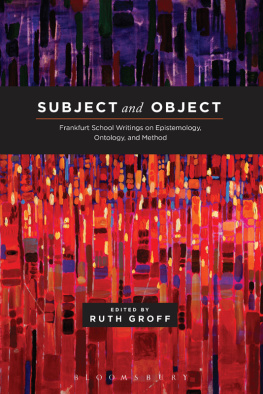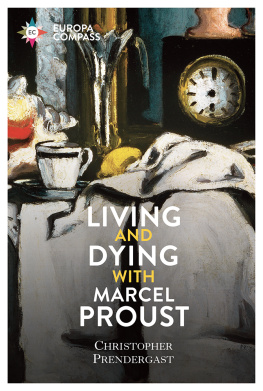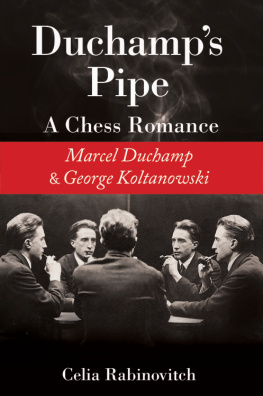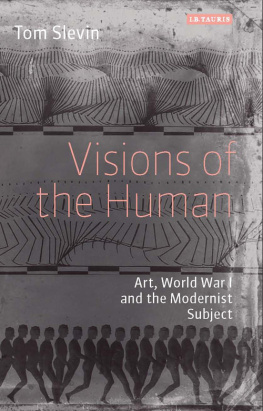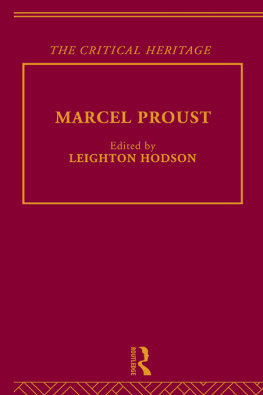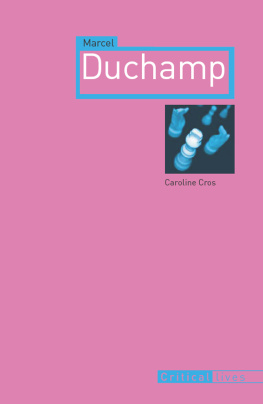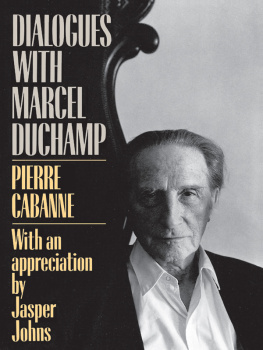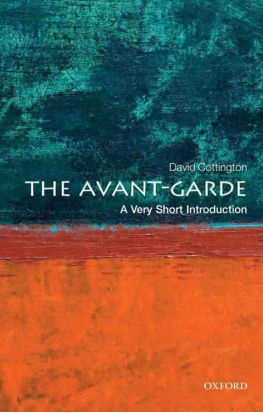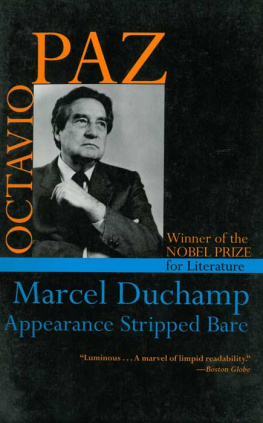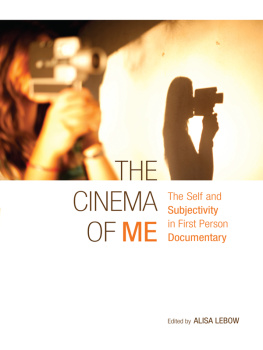
Short Circuits
Mladen Dolar, Alenka Zupani, and Slavoj iek, editors
The Puppet and the Dwarf: The Perverse Core of Christianity, by Slavoj iek
The Shortest Shadow: Nietzsches Philosophy of the Two, by Alenka Zupani
Is Oedipus Online? Siting Freud after Freud, by Jerry Aline Flieger
Interrogation Machine: Laibach and NSK, by Alexei Monroe
The Parallax View, by Slavoj iek
A Voice and Nothing More, by Mladen Dolar
Subjectivity and Otherness: A Philosophical Reading of Lacan, by Lorenzo Chiesa
The Odd One In: On Comedy, by Alenka Zupani
The Monstrosity of Christ: Paradox or Dialectic?, by Slavoj iek and John Milbank, edited by Creston Davis
Interface Fantasy: A Lacanian Cyborg Ontology, by Andr Nusselder
Lacan at the Scene, by Henry Bond
Laughter: Notes on a Passion, by Anca Parvulescu
All for Nothing: Hamlets Negativity, by Andrew Cutrofello
The Trouble with Pleasure: Deleuze and Psychoanalysis, by Aaron Schuster
The Not-Two: Logic and God in Lacan, by Lorenzo Chiesa
What Is Sex?, by Alenka Zupani
Liquidation World: On the Art of Living Absently, by Alexi Kukuljevic
Liquidation World
On the Art of Living Absently
Alexi Kukuljevic
The MIT Press
Cambridge, Massachusetts
London, England
2017 Massachusetts Institute of Technology
All rights reserved. No part of this book may be reproduced in any form by any electronic or mechanical means (including photocopying, recording, or information storage and retrieval) without permission in writing from the publisher.
This book was set in Copperplate Gothic Std and Joanna MT Pro by Toppan Best-set Premedia Limited. Printed and bound in the United States of America.
Library of Congress Cataloging-in-Publication Data is available.
ISBN: 978-0-262-53419-2
eISBN 9780262342117
ePub Version 1.0
For Neunsie Poody
A burning banknote lights up the scene.
Konrad Bayer
Series Foreword
A short circuit occurs when there is a faulty connection in the networkfaulty, of course, from the standpoint of the networks smooth functioning. Is not the shock of short-circuiting, therefore, one of the best metaphors for a critical reading? Is not one of the most effective critical procedures to cross wires that do not usually touch: to take a major classic (text, author, notion), and read it in a short-circuiting way, through the lens of a minor author, text, or conceptual apparatus (minor should be understood here in Deleuzes sense: not of lesser quality, but marginalized, disavowed by the hegemonic ideology, or dealing with a lower, less dignified topic)? If the minor reference is well chosen, such a procedure can lead to insights which completely shatter and undermine our common perceptions. This is what Marx, among others, did with philosophy and religion (short-circuiting philosophical speculation through the lens of political economy, that is to say, economic speculation); this is what Freud and Nietzsche did with morality (short-circuiting the highest ethical notions through the lens of the unconscious libidinal economy). What such a reading achieves is not a simple desublimation, a reduction of the higher intellectual content to its lower economic or libidinal cause; the aim of such an approach is, rather, the inherent decentering of the interpreted text, which brings to light its unthought, its disavowed presuppositions and consequences.
And this is what Short Circuits wants to do, again and again. The underlying premise of the series is that Lacanian psychoanalysis is a privileged instrument of such an approach, whose purpose is to illuminate a standard text or ideological formation, making it readable in a totally new waythe long history of Lacanian interventions in philosophy, religion, the arts (from the visual arts to the cinema, music, and literature), ideology, and politics justifies this premise. This, then, is not a new series of books on psychoanalysis, but a series of connections in the Freudian fieldof short Lacanian interventions in art, philosophy, theology, and ideology. Short Circuits intends to revive a practice of reading which confronts a classic text, author, or notion with its own hidden presuppositions, and thus reveals its disavowed truth. The basic criterion for the texts that will be published is that they effectuate such a theoretical short circuit. After reading a book in this series, the reader should not simply have learned something new: the point is, rather, to make him or her aware of anotherdisturbingside of something he or she knew all the time.
Slavoj iek
Acknowledgments
This book had its beginning during a two-year residency at JVE Institute in Maastricht as a kind of rapprochement between my philosophical and artistic practice. It was the conditions, encounters, and friendships occasioned by this wonderful and strange institutiona genuine erewhon (half squat, half think tank)that made this book possible. I would like to thank Katja Diefenbach, Mladen Dolar, Dominiek Hoens, Hans-Christian Dany, Nasrin Tabai, Babak Afrassiabi, Imogen Stidworthy, and Koen Brams, each of whose interest in my work greatly impacted this book. Hans-Christian introduced me to the work of Oswald Wiener. Dominieks invitation to contribute to a volume on Melancholia and Politics resulted in the addition of the figure of the happy melancholic to this motley ensemble. Katjas Luciferian lucidity remains an inspiration. One could argue that the book itself was hatched over coffee with Mladen at the Vrijthof. Without his friendship, intellectual support, and above all, encouragement, this book would still be but a bramble. He is a true model of generosity, of elegance, dignity, and rigor, not only in thinking but in affairs as such.
The book has developed in spits and spatters, and would have been altogether swallowed by the ergasiophobe in me if it were not for the friendship and invitations extended by Nathan Brown. Every writer, I imagine, has a number of choice interlocutors to whom they address their most cherished refinements. Nathan is at the top of my list. The philosophical symposia that he helps to organize annually in collaboration with Petar Milat and Tomislav Medak at MaMa Multimedia Institute in Zagreb have forced more than a few of the thoughts that ended up in this book. I feel honored to count Petar and Tom as friends and interlocutors.
I would also like to thank Helmut Draxler. In its final stages especially, this book was propelled by the excitement and enthusiasm of our conversations. It is a rare thing indeed to find people, let alone thinkers, who traverse disciplinary fields with such ease of movement.
My intellectual and artistic itinerary owes countless debts, but I would like to mention the friends and interlocutors whose voices have helped most to inflect my own during the writing of this book: Elizabeth Abrams, Stefan Abrams, Avi Alpert, R.B., Walter Brogan, Victoria Brooks, David Dempewolf, Marcel Dickhage, Benjamin Fallon, the late Ludwig Fischer, Jeffrey Gower, James Krone, Justin Matherly, Mattin, Cynthia Mitchell, Lesley Moon, Mike Olson, Caf Orange in Lovran, Gahee Park, Albrecht Pischel, Charlie Prusik, Gabriel Rockhill, Lisa Rosendahl, Nathania Rubin, Cathleen Schuster, Jan Sieber, Amy Sillman, Charlie Strong, Cheyney Thompson, Mike Vass, Jason Waite, Jeff Weber, Evan Calder Williams, Yuka Yokoyama, Marek Zawisla.
Parts of the book have been published elsewhere. Aspects of chapter 2 first appeared in my More or Less Art, More or Less a Commodity, More or Less an Object, More or Less a SubjectThe Readymade and the Artist, in The Art of the Concept, ed. Nathan Brown and Petar Milat,
Next page
